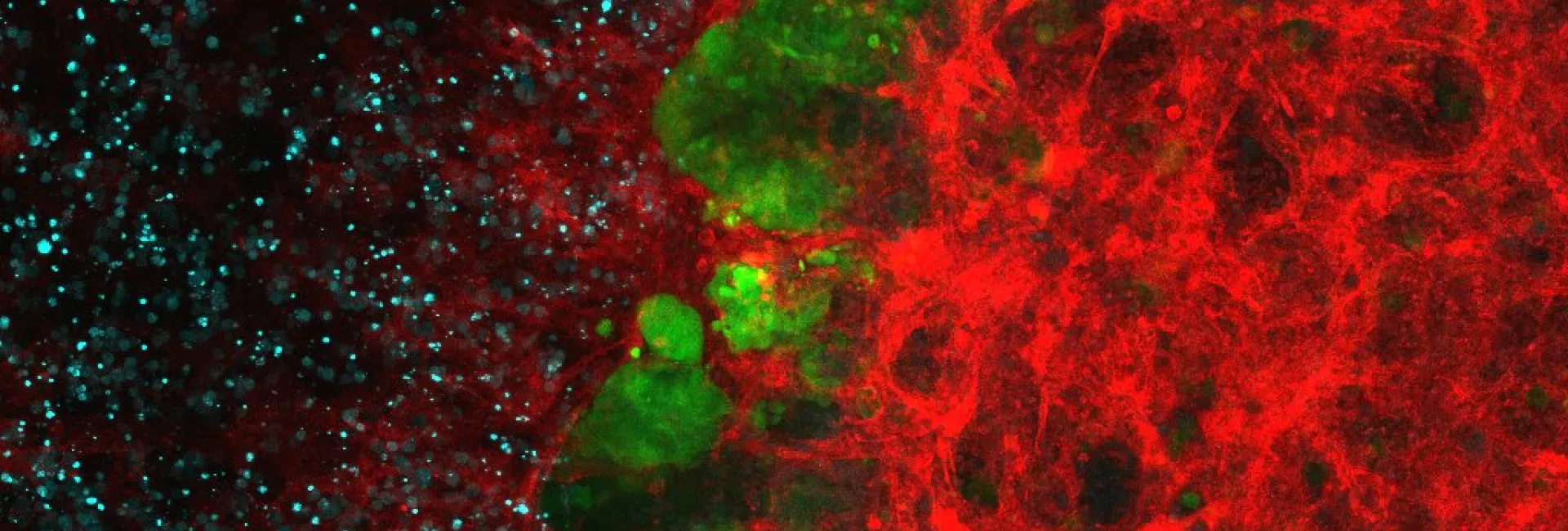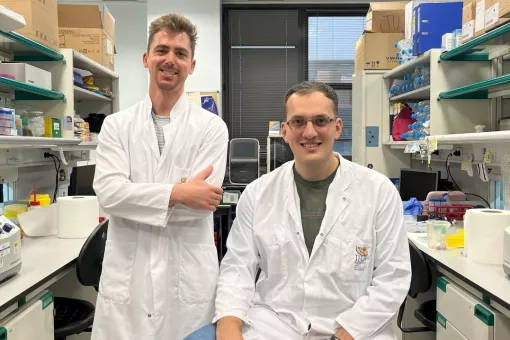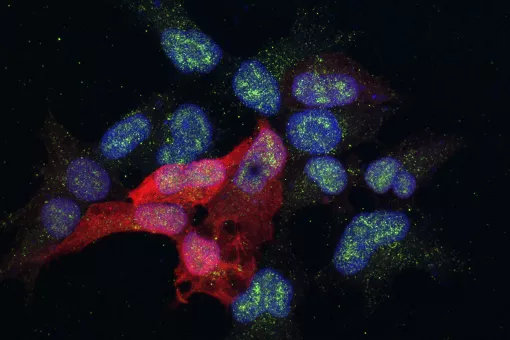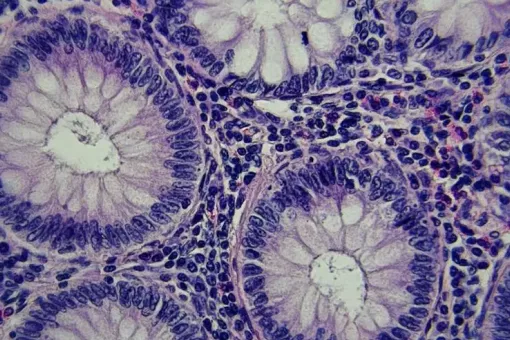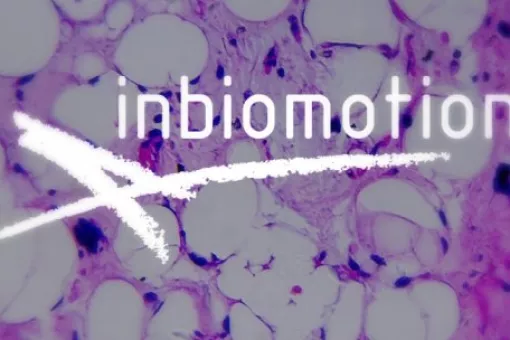
ICREA Research Professor
Meet Our Scientists Videos
Research information
Background
Intricate signalling networks control cell division, differentiation, movement, organization and death. Understanding how cells read and transform these signals into changes in cell behaviour is a major research focus of our group. Cancer cells disobey these signals during tumour progression and metastasis. Metastasis is the final step in 90% of all fatal solid tumours. It is therefore a grave public health problem and consequently a field of considerable pharmaceutical interest.
Research interests
Growth Control and Cancer Metastasis
Our research centres on how growth factors, signalling pathways, and gene expression programmes control normal cell proliferation and cancer cell metastasis.
We study the ways in which cancer cells evade tumour suppressor mechanisms and engage in metastatic behaviour. We focus on a cytostatic programme involving the transcriptional activation of cell cycle inhibitors and the transcriptional repression of growth-promoting and anti-differentiation factors. Furthermore, we examine how tumour cells evade these gene responses in order to pursue metastatic behaviour. By combining in vivo selection of human metastatic cells, transcriptomic profiling and functional testing, we identify genes that selectively mediate breast metastasis to specific organs. Gene transfer techniques and RNAi-mediated gene silencing are used to functionally validate candidate genes. We are encouraged by the recent validation of these findings in clinical samples. Several of these genes encode products that are susceptible to therapeutic targeting.
Selected publications
Projects
"Mecanismos de latencia metastática en cancer de mama" cofinanciado por el Ministerio de Economia y Competitividad y por el Fondo Europeo de Desarrollo Regional (FEDER). Referencia: SAF2016-76008-R (MINECO/FEDER, UE)


"LIPID targeting in breast cancer" Fondo Europeo de Desarrollo Regional (FEDER) de la Unión Europea en el marco del Programa operativo FEDER de Catalunya 2014-2020. Referencia: 2016 PROD 00086



"Metastasis Cell Fate Mapping" La Caixa Foundation under the agreement LCF/PR/HR17/52150014
"Vulnerabilities of Tumour and Stroma Interactions in Castration-Naïve Metastatic Prostate Cancer" Acrónimo: PROSTARGET de la Asociación Española contra el Cáncer (AECC).

"Identificació de mecanismes de resposta als inhibidors de CDK4/6 en càncer de mama receptor hormonal positiu" funded by Fundació La Marató de TV3. Reference: 201935-32

"Redes transcripcionales y diferenciación luminal en la metástasis del cáncer de mama: Una aproximación biológica para tratamientos efectivos" Ministerio de Ciencia e Innovación Reference: PID2019-104948RB-I00
"Deconstructing the evolution of metastasis - EVOMET" European Commission H2020-MSCA-ITN-2020. Grant Agreement: 955951

"Dynamic phenotype adaptation at the core of metastasis biology (AdapMet)" Fundació Asociación Española contra el Cancer AECC. Reference: PRYGN223207GOMI

"Desarrollo de nuevas terápias para el cáncer de mama ER+ resistente a inhibidores de CDK4/6" Ministerio de Ciencia e Innovación MCIN/AEI /10.13039/501100011033 European Union Next GenerationEU/ PRTR. Reference: PDC2022-133289-I00
